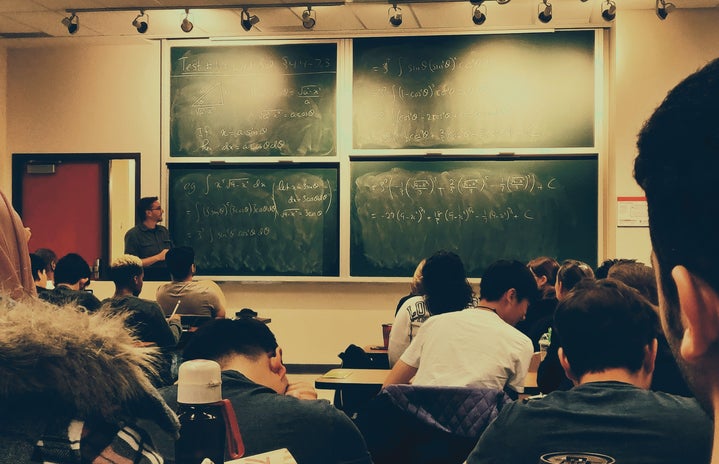If you have watched any of the major conservative news media networks in the last six months, the phrase “Critical Race Theory” or “CRT” might sound familiar to you. Videos of white parents screaming at school boards that their child will be “personally victimized” by the curriculum and state legislators claiming “Marxist propaganda” have gone viral across the country. This theory has become a new dog-whistling fear tactic for right-wing commentators, while the movement to remove Critical Race Theory from public schools has been increasingly common in Republican-led state education systems. Last Thursday, the Alabama State Board of Education voted on a resolution to completely ban the curriculum from K-12 schools. However, there’s slight misconception. Critical Race Theory doesn’t have a set curriculum. The actual content behind the controversial buzzwords has yet to be defined by Republican lawmakers. So, as an education major and advocate for racial justice in the classroom, I wanted to provide some clarity on the subject.
Critical Race Theory finds its origins in mid 1970s academia. During the aftermath of the civil rights era, Black legal scholars and activists were faced with a stark decline in the fight for racial equality. The victories in public policy and civil engagement were only providing temporary peace for an extremely underrepresented community. These early legal analyses sought to answer questions such as “Why laws abolished decades before still impacted communities of color?”, “What can be done to bridge the economic and representational gaps of marginalized groups?”, and “How other features of your identity (such as gender, sexuality, and class) can affect your outcome in society?” While these discussions have stayed relatively close to circles of higher education, some core principals of the issue have become widely accepted by the general public.
The main tenets are as follows:
- Race is a Social Construct.
- Racism is not based on the actions of individuals, but is historically embedded in the laws and infrastructure of major U.S. social institutions (i.e., public education, criminal justice, healthcare, and housing market).
- There should be a commitment to ending all forms of social injustice.
- The stories and lived experiences of marginalized groups are vital to understanding the impact of racism.
- Critical Race Theory is an Interdisciplinary perspective that can be viewed from many different positions.
What Republican lawmakers don’t understand is that Critical Race Theory is not their enemy. Looking at American legal systems through a racial lens, will not cause a spread of white animosity. No person can be guilty of the sins of their ancestry. However, communities of color ARE still affected by America’s long history of racial injustice, and because of this, white individuals are, in part, responsible for bridging the gap. The main argument presented at the Alabama State Board meeting was that all students should be treated equally, but to this day, students of color continue to face bias in the classroom.
In high schools across the state of Alabama, the Lost Cause, a pseudohistorical ideology that claims that the Confederate cause in the Civil War was based on states’ rights and not slavery, continues to be taught. At my own high school, almost every history teacher I had, taught the Civil War section in this way. Yet, no state representatives who are passionate about the “indoctrination” of Critical Race Theory bat an eye to the falsehoods and potential isolation the Lost Cause curriculum perpetuates on minority students.
Isn’t it the job of an educator to make students think critically about the world around them? Personally, I don’t think the purpose of education is for students to be satisfied with the current state of the world. We, as a greater society, should strive to challenge and question existing systems. By no means, does a critical race curriculum have to take shape in teaching systemic racism to kindergarteners, but implementing inclusions strategies and diversifying curriculums are important steps to improving the lives and educational experiences of our minority students. The first step to inclusion is listening and adapting. Yet, taking the topic of race completely out of the classroom exacerbates the very problem of inequality that lawmakers say they are avoiding.


